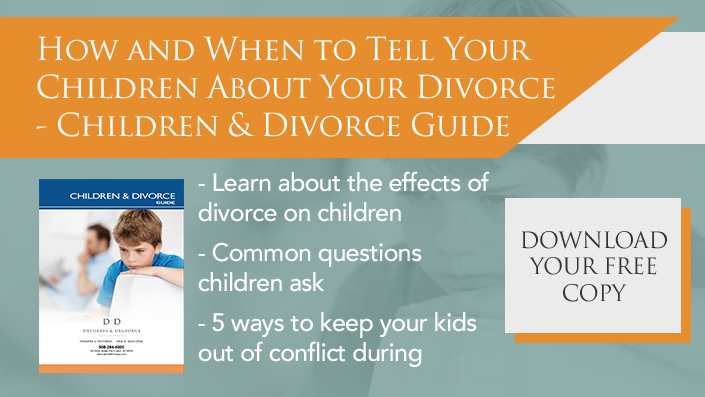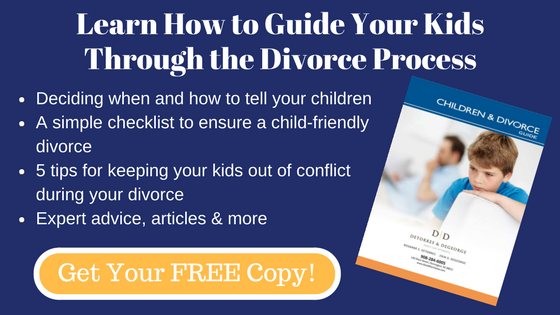Child support is one of the most hotly contested parts of a divorce or family law matters. This is an issue that many people talk about and think about, but in fact there are many misconceptions floating around out there. Understanding exactly how child support works will help you plan for the future.
- Reductions will be drastic as my children age out. Child support is created using a complicated formula and the amount is set based on percentages related to the number of children being supported. If you have two children and the oldest one becomes self-supporting, your child support is not cut in half. It will likely be reduced, but not by as much as you might expect.
- Child support covers all of the children’s expenses. Child support is in no way meant to cover all of the expenses associated with raising a child. Child support payments are one parent’s contributions to those expenses, but both parents are expected to financially contribute to supporting the child.
- We can change child support ourselves. While you can make any agreement you like with your ex, an agreement you make about child support is enforceable only if it is in a court order. So if you agree to reduce child support by $100 a week and your ex goes to court to enforce the existing order, that order will be upheld, you will be in default, and the ordered amount will be owed with penalties.
- Uninvolved parents don’t pay. If you decide to walk away and have no contact with your child, you will still owe child support. Additionally, even if you did not agree with your ex’s decision to have the child, you will still be required to pay child support.
Contact DeTorres & DeGeorge for clear information about child support laws in New Jersey. We serve the Hunterdon and Warren counties of New Jersey.


 START LIVE CHAT
START LIVE CHAT











